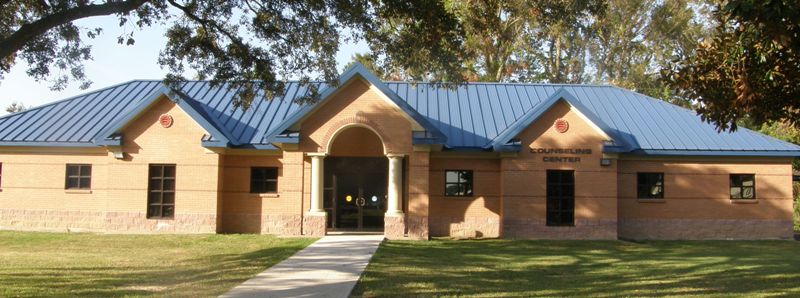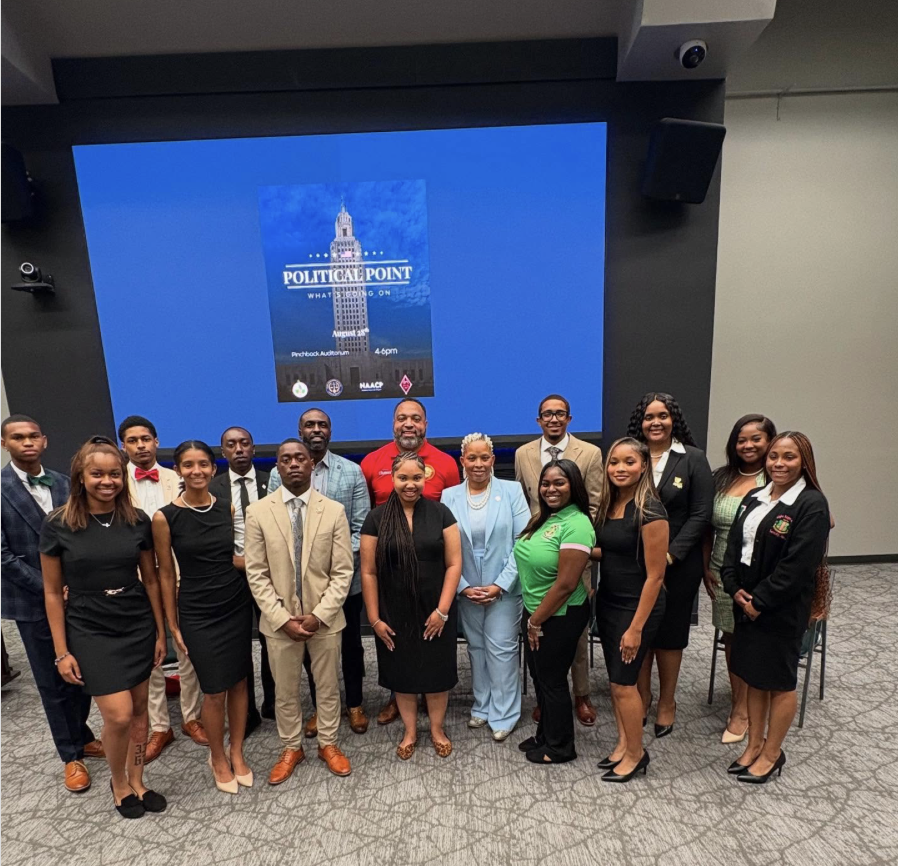Last week the Alpha Tau Chapter ofDelta Sigma Theta Sorority, Inc. hosted a seminar presented by the AffiliatedBlind of Louisiana Training Center in Lafayette. Gertie Bias, a peer counselor, addressed the audienceon how she copes daily with glaucoma and retinitis pigmentosa. “My attitude has had a lot to do withhow I did with my illness. EverydayI count my blessings,” said Bias.
Glaucoma is a collection of eyediseases that gradually steals sight by damaging the optic nerve, which carriesimages we see to the brain. Retinitis pigmentosa is a group of inherited eye disease that causedegenertion of photoreceptors cells in the retina.
“Currently, there are no cures, butI do take high doses of Vitamin A,” said Bias.
The mission of the Affiliated Blindof Louisiana Training Center in Lafayette is to teach individuals who are blindand deaf-blind skills that lead to independence, employment and communityintegration.
“As with any disease, changes invisual behavior should be acknowledged,” said Veronica Carriere, coordinator ofa program called Project Cope for the elderly who suffer from degenerative eyediseases. “It is important to visit a physician at the onset of symptoms, insteadof ignoring symptoms,” said Veronica Carriere.
Symptoms of retinitis pigmentosainclude the loss of night vision , trouble adjusting to dark or dimenvironments and tunnel vision.
Eventually the loss of peripheralvision occurs in those suffering from retinits pigmentosa. Glaucoma, on the other hand, isasymptomatic, meaning there generally are no symptoms.
Regular checkups are encouraged,especially for African-Americans over the age of 40. According to the National Eye Institute, blacks in this countryare three to four times more likely than whites to develop open-angle glaucoma,the most common cause of blindness in blacks.
Although there is no cure for eithereye disease, clinical and laboratory research studies are currently beingconducted to offer better treatment and prevention options in the future.
“Losing my vision was very hard forme,” said Bias. “It led me into depression and even led me to questionGod. But I asked God, why not meand I realized that I should do something about it. I decided my diseases weresomething I could not change, and I got the right attitude. Now I see what I could do to helpothers.”
Degenerative eye disease usuallylead to blindness, but the Affiliated Blind of Louisiana Training Centerinstills hope in those who have been diagnosed. “My doctor said one day that I will go blind, butI am prepared. I’m losing mysight, but I’m not losing my vision.”





